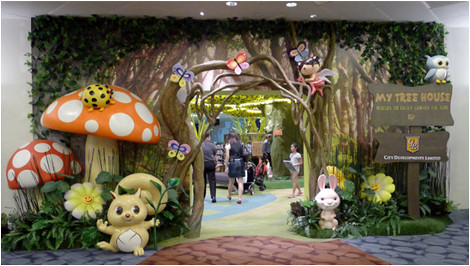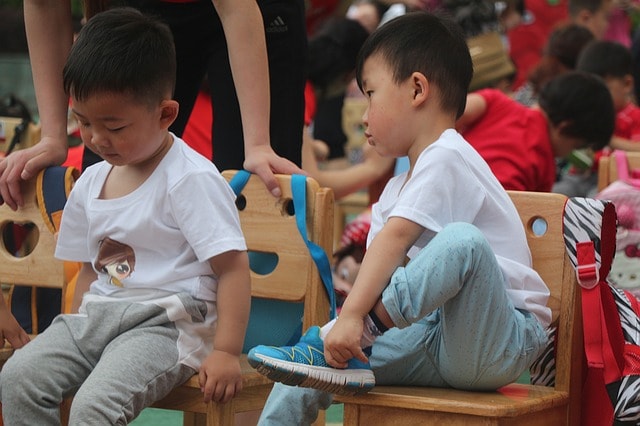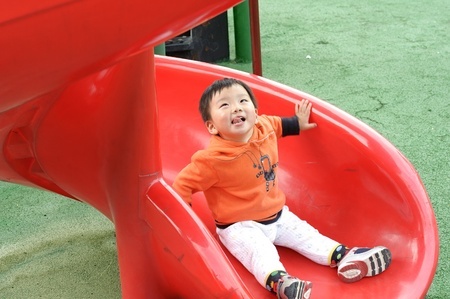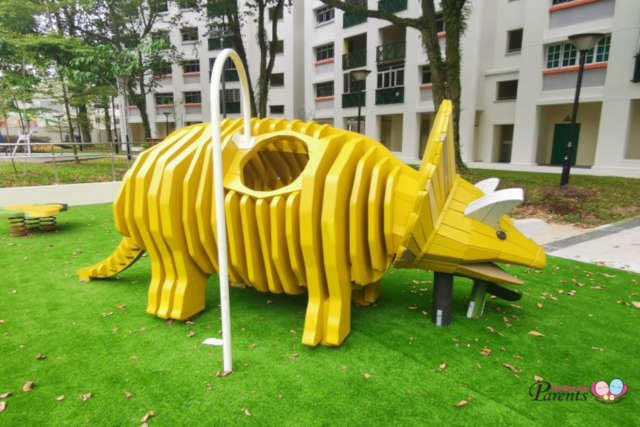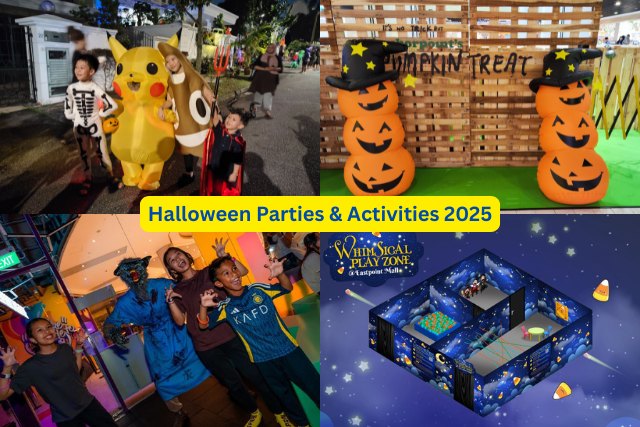Worksheets, rote learning, those were the teaching methods used in school for many of us. “Boring”, “dry”, “difficult to understand the content being taught” were probably some of the common sentiments we felt while schooling. In recent years, there has been an obvious shift of interest from the original rote learning commonly experienced by learners to an engaging and fun method – play based learning.
In our survey with parents, 70% of them chose the option of a balance of both play experiences and worksheets in their children’s learning experience. And there are many good reasons to ensure parents that their choice of placing a higher emphasis on play-based learning is correct!
Much research has shown that through interactive play, children would be able to develop skills, such as teamwork, risk-taking, high self-awareness, self-esteem and more which would benefit them greatly in their life-long learning. Furthermore, research has also supported that children indeed learn better through play as it is engaging and fun. Thus, children can concentrate better with the tasks on hand.
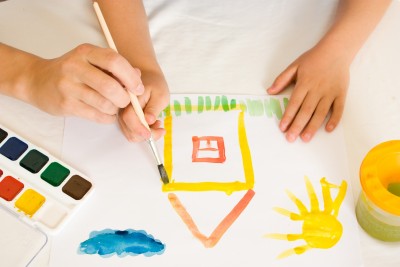
With so many benefits for your child’s development tied in with play-based learning, here are a few simple activities which you could engage your child in at home!
1. Our 15 minutes
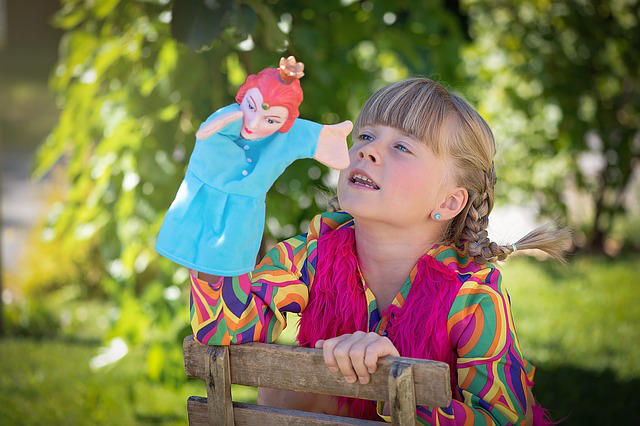
Allocate 15 minutes in your daily schedule to exchange conversation with your child. If your child is old enough, both of you could share some of the highlights of your day with each other. With younger children, you could have an intimate activity with them such as storytelling with puppets and age-appropriate puzzles. During your quality time with your child, it is a great opportunity to learn more about your child’s current interest. With that, both of you could come up with activities which your child is interested in; even a relevant outing could be planned!
Subsequently, both of you can be engaged in the planned activities during your daily ’15 minutes’ and an allocated weekend for the outing. This can strengthen the bond in your relationship with your child as it provides plentiful opportunities for open communication with each other. Parents could also use this time to further observe their child’s learning abilities and interest.
2. My child, my great assistant!
We understand that parents can be overwhelmed with several roles they take on in their daily lives. To relieve some of your workload, parents can involve their child in simple household chores and from there, engage in activities such as dramatic play in order to make it interesting for you and your child!
An example of it could be, to pretend that both of you are on a treasure hunt while cleaning your child’s bedroom. All it takes is a little dramatic flair, and perhaps an old hat or two to set the stage! Sorting clothes and toys through colour, sizes can also be integrated! Through such activities, not only would your child be building on their language skills and creativity, they are also learning self-help skills which would aid them greatly in achieving independence.
3. Make something together!
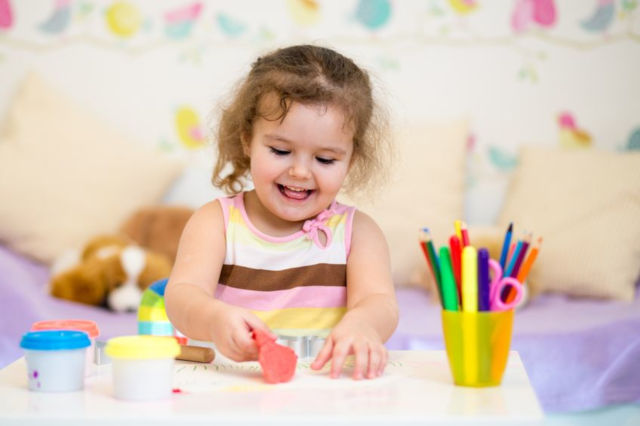
This can be a short or long term project, depending on you and your child’s schedule. For instance, creating your very own storybook! Grab some art materials, and allow your child to draw freely. When they are done, have a short discussion about their drawings. Parents, you can write your child’s ideas down and you can even further extend their thinking and language through thoughtful open-ended questions.
Such discussions can be done over a period of time and when you are finally done, bundle these up into a book together with your child. Display the book somewhere visible and it would even be better if you could use it in your child’s daily routine – perhaps it could be used as your child’s bedtime story? This activity helps children in their cognitive development as they imagine, problem solve and communicate with you!
4. Board games can be great fun too!
Board games can be a great way to spend time with your children, especially on a rainy day or on days where you just wish to spend time at the comfort of your own house. One of the most popular activities suggested by our parents in the survey was the board game, Monopoly.
As children throw the dice and count the steps to take, they are developing in mathematics skills. Board games can also encourage turn-taking and sharing – social skills frequently used in daily life. Alternatively, you can get innovative card games for your children, such as Uglydoll. A fun card game which allows your child to practice their matching and concentration skills.
Through different types of play, children will tap on their different domains of knowledge and skills when being engaged in the activity. And more often than not, your child would not feel that such activities are a chore as they enjoy doing it whilst having fun!
Most importantly, they have one of their dearest and most important person in their world to do it together with them, You, the parent. Through these activities, not only are you providing opportunities for your child to develop holistically, you are also creating a strong bond with them. The opportunities of play can be endless, inexpensive and of abundance around us!
So, start playing with your child today!
By Jaclyn Ng, Leow Kaiwen and Samantha Teo.
This article was first published in The New Age Parents e-magazine.
If you find this article useful, do click Like and Share at the bottom of the post, thank you.
Like what you see here? Get parenting tips and stories straight to your inbox! Join our mailing list here.








































